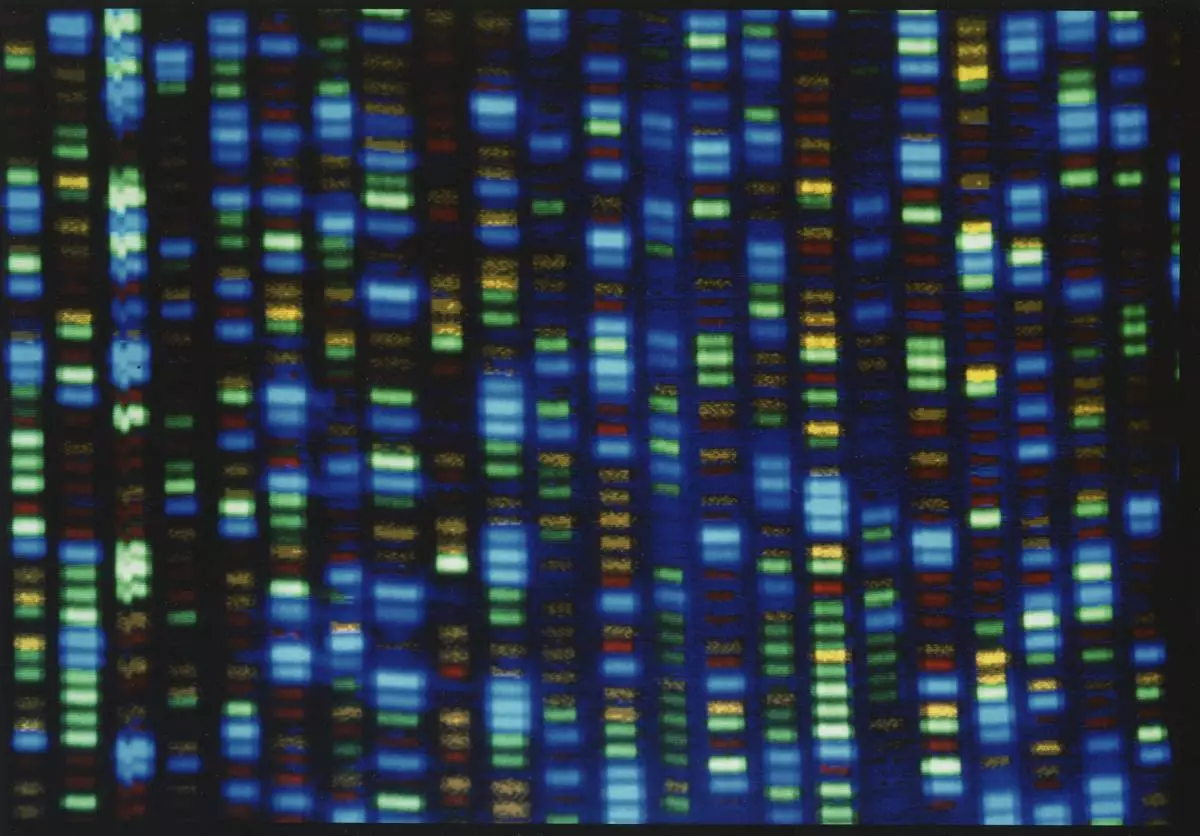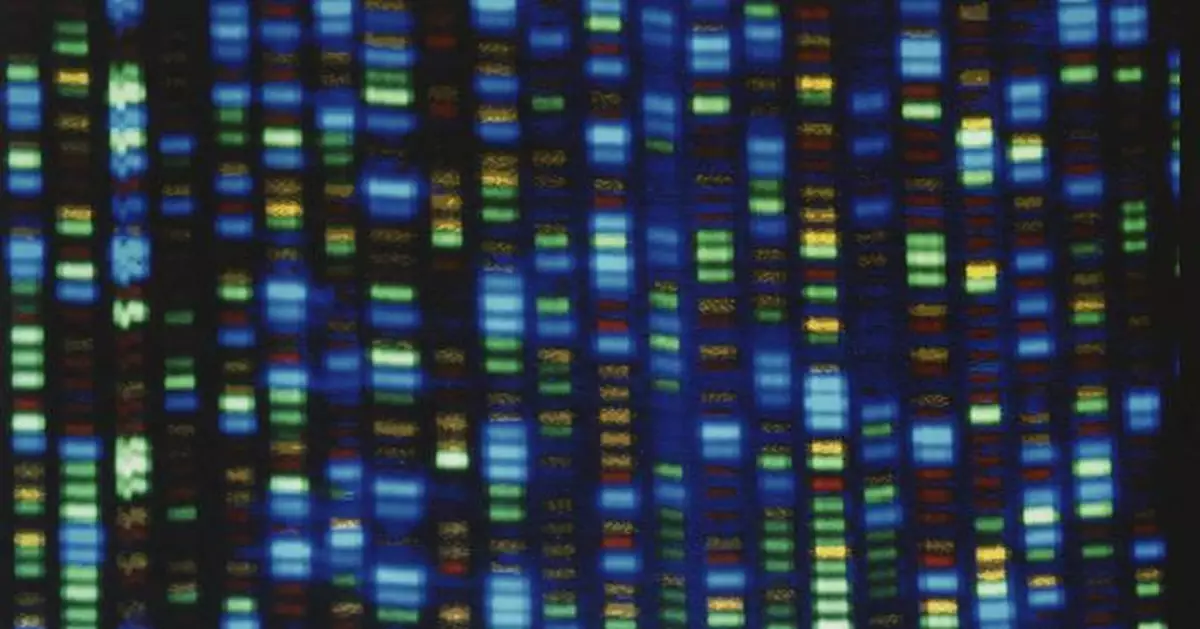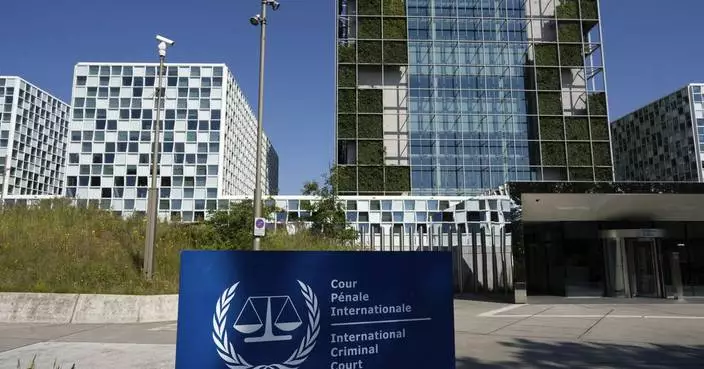The promise of gene therapy looms large for families dealing with rare, genetic disorders. Such treatments offer the possibility of one-time cures.
But families and researchers worry such therapies will remain out of reach.
Collectively, about 350 million people worldwide suffer from rare diseases, most of which are genetic. But each of the 7,000 individual disorders affects perhaps a few in a million people or less. So there’s little commercial incentive to develop or bring to market these one-time therapies to fix faulty genes or replace them with healthy ones.
The Associated Press examined what this means for families, scientists and the nascent field of gene therapy.
Here are key takeaways from AP's report.
Camden Alderman was diagnosed as a baby with a rare disease called Wiskott-Aldrich syndrome, which is caused by a mutated gene on the X chromosome. It primarily affects boys – up to 10 out of every million — and can cause frequent infections, eczema and excessive bleeding.
When he was a toddler, doctors removed his spleen because of uncontrolled bleeding. As a young boy, he wound up in the hospital many times and was told he couldn’t play baseball.
His mother Robin Alderman recalls one doctor saying: “Basically, your son’s only chance at a cure is going to be gene therapy.”
He also told her researchers weren’t then accepting U.S. residents into a clinical trial for the treatment, which “just kind of broke my heart,” she said. There's still no clinical trial he can join, and London-based Orchard Therapeutics stopped investing in an experimental treatment for the condition in 2022.
Lacey Henderson’s daughter, 5-year-old Estella, has alternating hemiplegia of childhood, a neurological condition that affects 300 people in the U.S. Estella is cognitively delayed, has limited use of her hands and suffers episodes that temporarily paralyze part or all of her body, Henderson said. Medications can curb symptoms, but there’s no cure.
Her Iowa family raises money through a GoFundMe and a website to develop a gene therapy. They’ve brought in around $200,000.
“We have three different projects with various researchers,” Henderson said. “But the problem is everything is underfunded.”
The amount of work it takes to get from a lab to human testing and through the drug approval process is “incredibly expensive,” said Dr. Donald Kohn, professor of microbiology, immunology and molecular genetics at the University of California, Los Angeles.
In the last couple of years, he said, investment in gene therapy has largely dried up.
“If you have to spend $20 million or $30 million to get approval and you have five or 10 patients a year, it’s hard to get a return on investment,” Kohn said. “So we have successful, safe therapies, but it’s more the financial, economic elements that are limiting them from becoming approved drugs."
Ultimately, most biotechnology companies become public and must focus on shareholder profit, said Francois Vigneault, CEO of the Seattle biotech Shape Therapeutics.
“The board is the thing that gets in the way; they’re trying to maximize gain,” said Vigneault, whose company is privately held. “That’s just greed. That’s just incentive misaligned between corporate company structure and what we should do that’s good for the world.”
In the U.S., for example, The Bespoke Gene Therapy Consortium was organized by the Foundation for the National Institutes of Health and includes the FDA, various NIH institutes and several drug companies and nonprofits. Its goals include supporting a handful of clinical trials and streamlining regulatory processes.
Researchers are trying to address the problem scientifically. Dr. Anna Greka said the Broad Institute of MIT and Harvard has launched an effort to look at the commonalities behind various conditions — or nodes, which can be likened to branches meeting at a tree trunk. Fixing the nodes with gene therapies or other treatments, rather than particular “misspellings” in DNA responsible for one disorder, could potentially address multiple diseases simultaneously.
“What this does is it increases the number of patients who can benefit from the therapy,” said Greka, a Broad member.
Still, scientists say these efforts don’t negate the larger financial quandary surrounding therapies for rare diseases, and it may be a while before such gene therapies are available to patients worldwide.
“This is a massive challenge, and I’m not entirely sure we’re going to be able to overcome it,” said Claire Booth of University College London. “But we have to give it a go because we’ve spent decades and millions making these transformative treatments. And if we don’t try, then it feels like the end of an era.”
The Associated Press Health and Science Department receives support from the Howard Hughes Medical Institute’s Science and Educational Media Group. The AP is solely responsible for all content.

FILE - This undated image made available by the National Human Genome Research Institute shows the output from a DNA sequencer. Collectively, about 350 million people worldwide suffer from rare diseases, most of which are genetic. But each of the 7,000 individual disorders affects perhaps a few in a million people or less. So there’s little commercial incentive to develop or bring to market these one-time therapies to fix faulty genes or replace them with healthy ones. (NHGRI via AP, File)
















